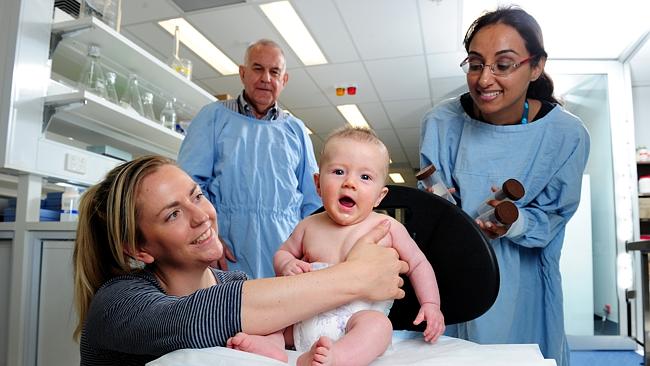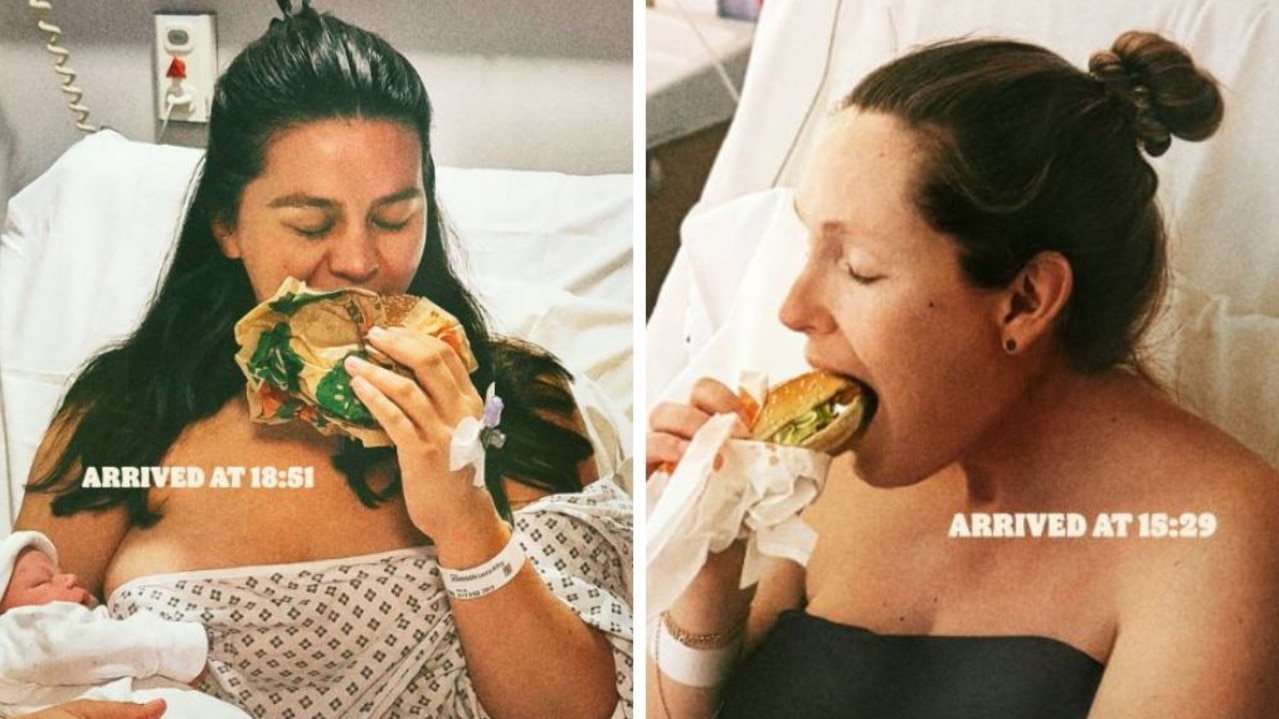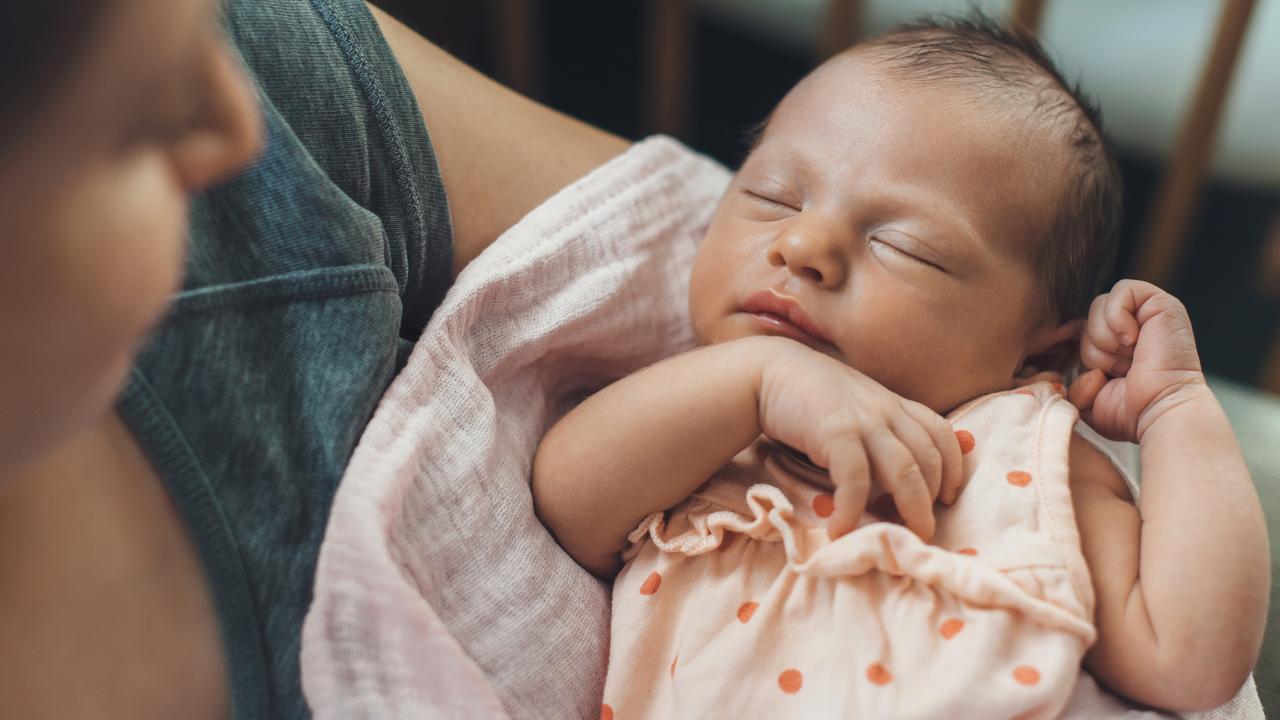Newborn babies' poo could save hundreds of thousands of lives in Flinders University study of acute diarrhoea
YOUR baby's poo - the bane of a new parent's existence - could potentially save the lives of hundreds of thousands of children across the world.

YOUR baby's poo - the bane of a new parent's existence - could potentially save the lives of hundreds of thousands of children across the world.
Flinders University researchers are looking for families to donate their newborn's poo in the hope it will help them create a treatment for one of the developing world's most common childhood killers - acute diarrhoea.
Close to one million children under five die annually from the illness.
Research team leader, Professor Graeme Young, is hoping that studying baby poo will lead to the development of a new oral rehydration solution for children.
"Effective rehydration would prevent all those deaths,'' he said.
More: Women in casual work less likely to be mums at 35
Research has shown that combining certain resistant starches - starch that is undigested in the small intestine, but is available for fermentation by bacteria in the large intestine - with oral rehydration solutions can help stave off the effects of dehydration in those with acute diarrhoea by facilitating water reabsorption of water.
But it is not known if very young babies have the gut bacteria needed to use it.
Dr Geetha Gopalsamy, a gastroenterologist and PhD research team member, said the team, in conjunction with the CSIRO, would study the poo specimens to determine if the infant gut contained the necessary bacteria to benefit from the introduction of resistant starch oral rehydration solution and whether the starch could promote bacteria that would stop diarrhoea diseases.
"Young babies have very different bacteria than older kids and adults and they are also more prone to diarrhoea,'' she said.
"We also know that there is different gut bacteria dependant on the type of birth, as well as individual differences."
Jean Winter, mum of four-month-old Emanuel and a bowel cancer research PhD student, said she and her son would donate to the study.
"I'll donate to the adult part of the study and Emanuel will make a post-solids donation,'' she said. "It's so important."
Dr Gopalsamy said the study of poo - which includes recent stories on the success of fecal transplants - heralded an exciting new area of study.
"There is increased recognition of the importance of the microbial ecology of the human body,'' she said.
"It may have influences on obesity. There is an increase in allergies and there is a theory that having healthy bacteria can prime the immune system to promote immune development."
The team is looking for babies born at full-term that haven't started solids yet to donate their poo, with a repeat sample needed after the baby starts solids.
To learn more about the research and are interested in donating, email Dr Geetha Gopalsamy on geetha.gopalsamy@flinders.edu.au



